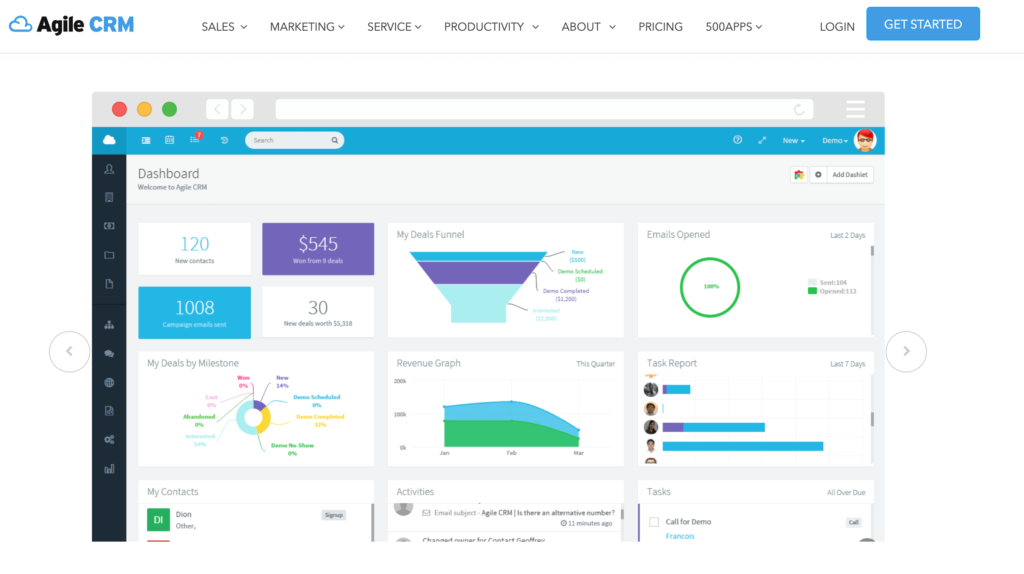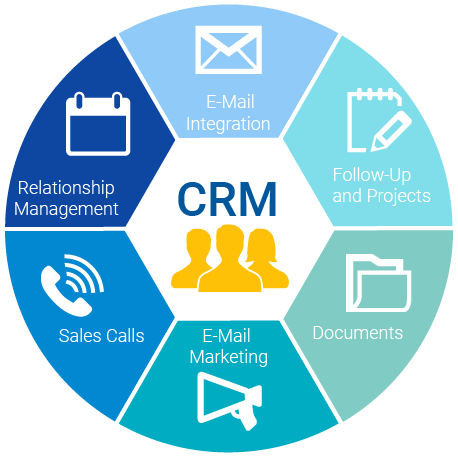In your marketing technology stack, a customer relationship management (CRM) platform is a crucial component. It enables you to increase lead generation, increase sales closing, and foster brand loyalty.
How to choose a CRM System for your business?
The following guidelines will help you choose a CRM system that will increase sales and revenue for your business.
Identify Your Needs
Although we are 99% certain of the CRM tools promise that they are the best option for your small business but not even these CRM system can evaluate your needs. After reviewing and evaluating your own firm and its processes, you must make that determination for yourself. Why? since no two companies are alike. What works for other might not works for you.
Consider your present requirements and any pain issues your team may be experiencing before looking at CRM choices.
Ask your staff what activities take up the majority of their time and whether there are any processes that they feel could be improved.
For instance, how much time does your team spend manually entering lead and customer data? You would probably require a CRM with automation functionality in this situation.
Does it pose a challenge for your team to remember which interactions prospects had with your team and what they covered? If so, you would require a CRM that keeps track of your leads’ interactions.
Questions you might ask yourself
- Do I need to generate more leads?
- Do I have any stalled deals in my pipeline?
- Do I require improved contact information access?
- Do I need to boost team productivity?

Research on a CRM System
Remember your requirements, problems, objectives, and features you are looking for before you do research for a CRM system.
Make a list of CRM system that you are aware of and you would like to add in your favorite list. Perform a competitor analysis with in-depth feature analysis keeping your needs as a center point. Once you’ve compiled a list of potential CRM solutions, you can begin evaluating them to determine which one is best for your business based on your prepared checklist.
Plan a budget for a CRM System
You must keep in mind that as a small business owner, your budget is constrained. You don’t want your CRM system to drain all of your company’s funds and leave you with astronomical overhead costs for the product. CRM software should advance your company, not destroy it.
So, be sure to stick to your budget when selecting a solution for your small business. Here are a few tips to help you find the best tool for the cheapest price:
- Ensure there are no additional fees for any CRM capabilities you intend to employ.
- See if paying annually instead of in monthly installments would be less expensive.
- Look for discounts.
- Do a good research on the pricing: Compare this while doing competitor analysis
- Check for Free Test Trial: This can help you to narrow down your options and make your selection
Look into integration opportunities
Every small business aspires to become a large corporation one day. As a result, scalability is an important feature of a good small business CRM. You should choose a solution that provides a comprehensive list of integration options and is constantly working to expand the number of available integrations.
After all, you want your CRM vendor to grow alongside you – it can be a real pain in the rear to part ways and have to transfer all of your data.




